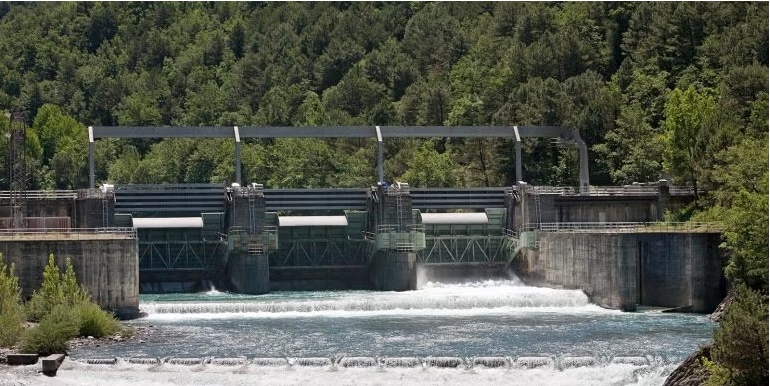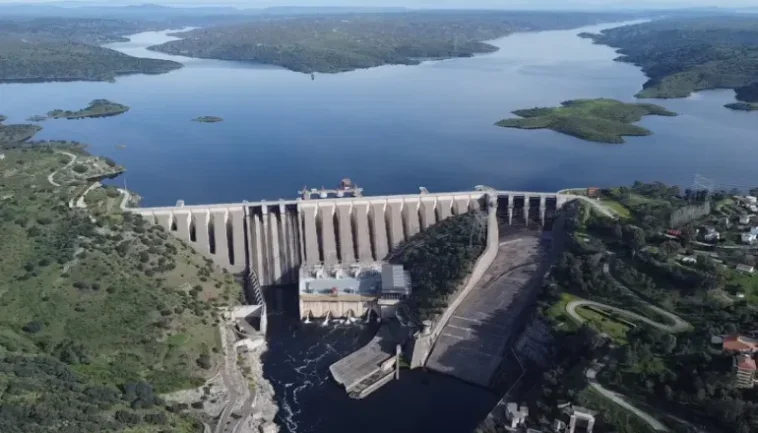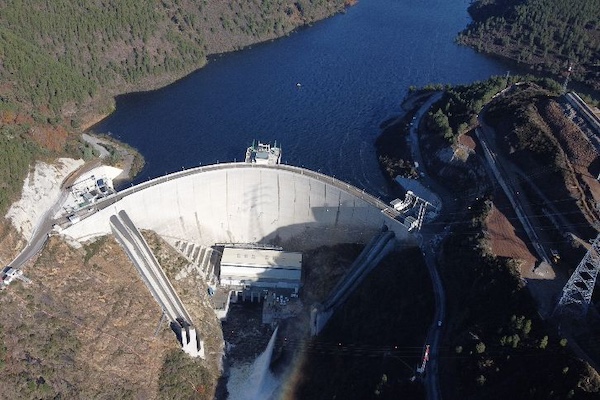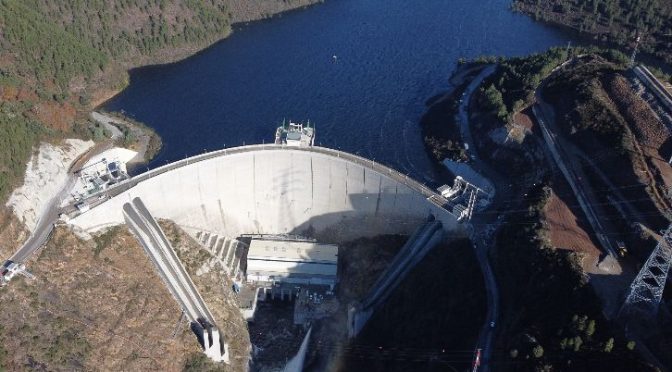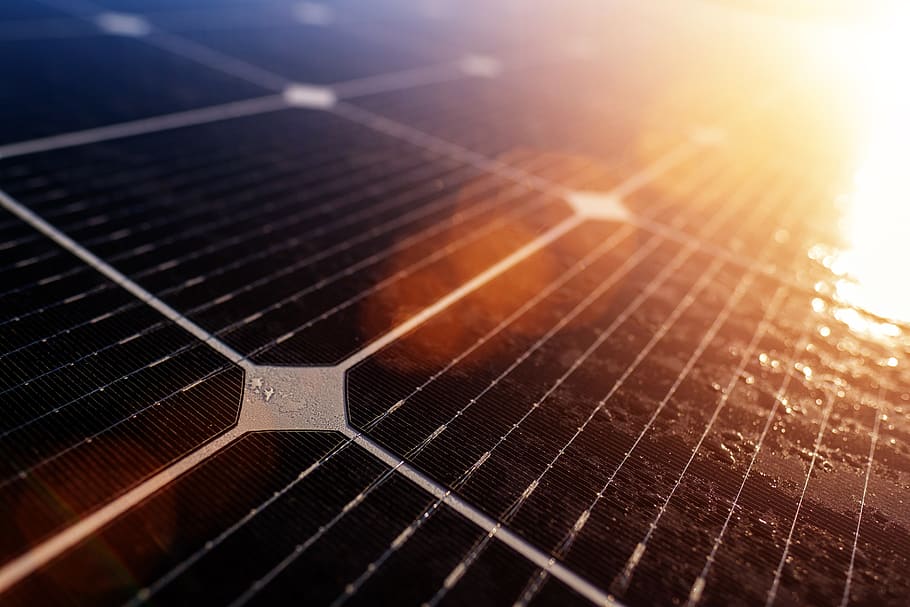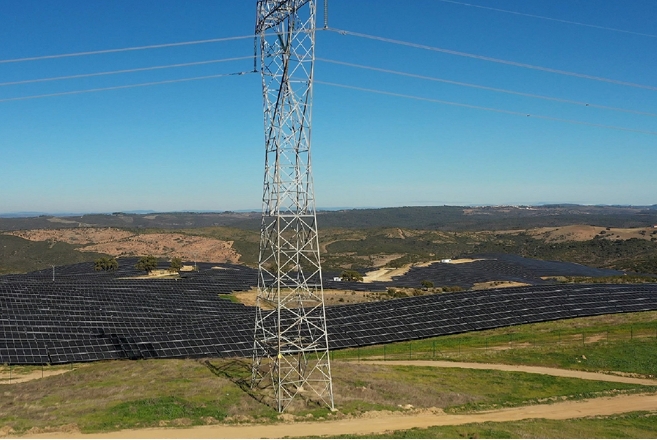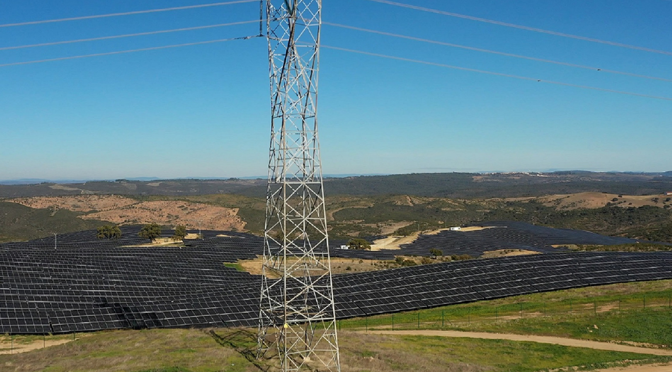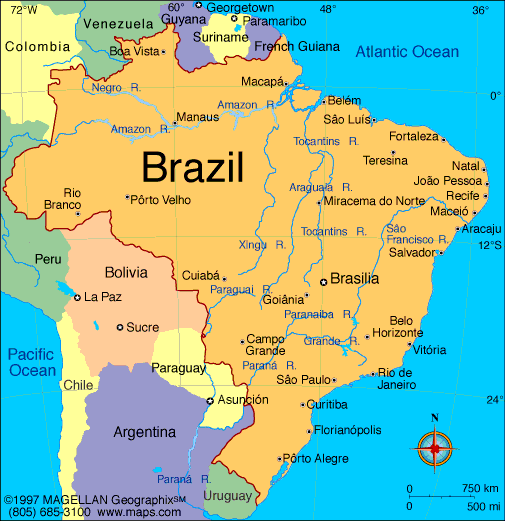
Andrada, who is a member of the federal lower house’s committee on renewable energy, said he intends to include instruments to foster such undertakings in federal bill 414/2021, known as the Electric Power Modernization Project. The bill is under analysis in the lower house of the national congress. Andrada said he believes it can be voted on in the full house this semester.
Small hydroelectric plant association Abrapch estimates that, in the long term, Brazil has the potential to build 213 new hydroelectric generation units (with up to 1 MW of installed capacity), totaling 846 MW and 1,048 small hydros (up to 30 MW) totaling 13,750 MW. This market is poised to grow 30% in the next three years compared with the current generation park, swelling to 8,132 MW from 6,256 MW. The expansion is expected to require BRL15 billion ($2.9 billion) in investments and potentially meet the consumption needs of more than 4.5 million households.
“We also need to value energy sources that are dispatchable, that generate on an as-needed basis, as opposed to intermittent sources [such as wind and solar],” said Andrada. He claimed that a minimum percentage of energy from small hydros must be mandatorily contracted at regulated auctions held by watchdog Aneel, which, despite being established by the federal legislation already, “has not been respected,” Andrada said.
The lawmaker also said that better tax equality for renewable energy sources must be provided. “Solar and wind sources have many incentives in terms of imports and tax breaks, and we don’t see this in the case of small hydroelectric plants,” he said.
The privatization of Eletrobras could provide an important boost for the sector, where the law outlines obligatory contracting of 2,000 MW of small hydroelectric projects by 2026.
